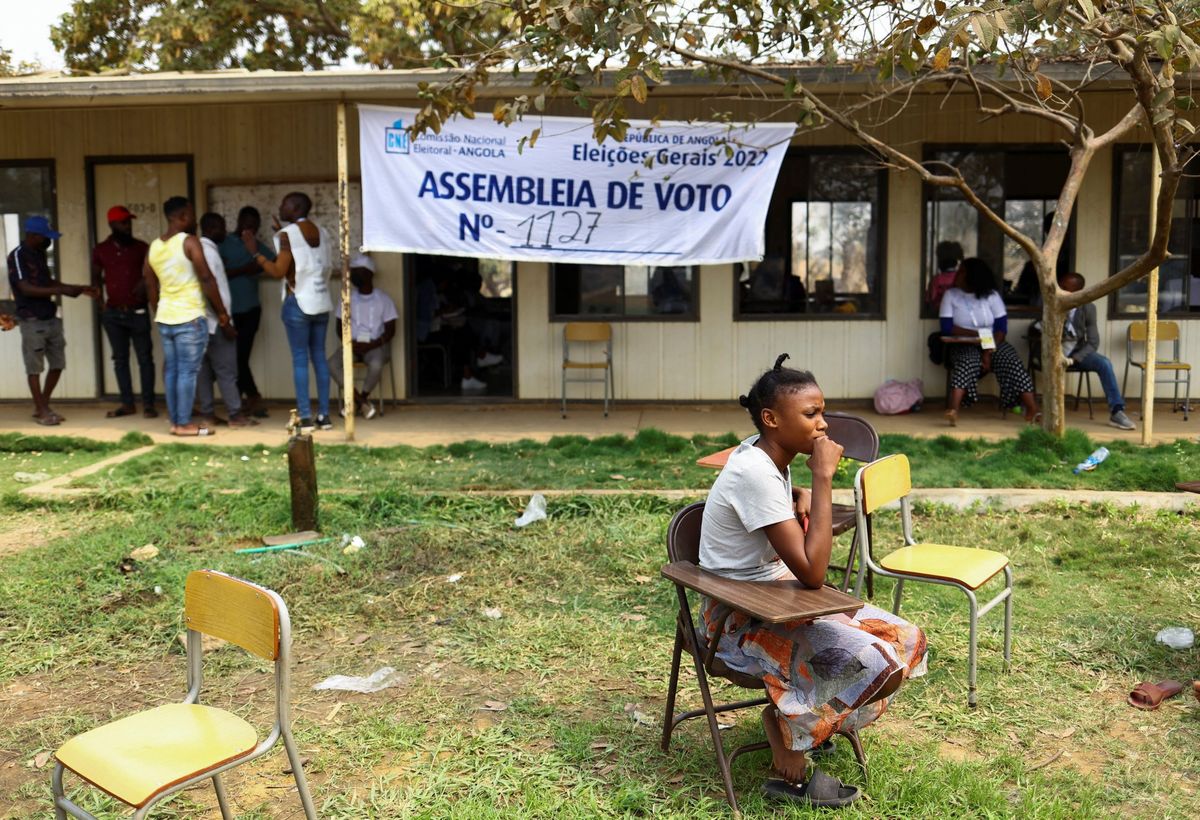Angola’s election results roll in amid a tight race

A few minutes every morning is all you need.
Stay up to date on the world's Headlines and Human Stories. It's fun, it's factual, it's fluff-free.
Since gaining its independence from Portugal in 1975, the African country of Angola has been ruled by one political party, the People’s Movement for the Liberation of Angola (MPLA). As the second-biggest oil producer in Africa, Angola’s leaders and expat community profit from oil output while more than half of the country’s rural population remain in poverty. And earlier this year, the current administration sat out of the UN resolution condemning Russia’s invasion of Ukraine.
On Wednesday, Angola held its national election. The opposition party, the National Union for the Total Independence of Angola (UNITA), gained a lot of support. This year was UNITA’s best chance at winning against MPLA. Unlike MPLA, UNITA has been outwardly critical of Russia’s invasion of Ukraine. UNITA’s presidential candidate, Adalberto Costa Junior, blames MPLA for problems like including poverty, inflation and corruption. Yesterday, election results began coming in. Although MPLA is expected to win this election once again, UNITA is already considering contesting the results. This could fuel political violence and trigger greater national upheaval. So far, the election commission said that over 97% of the votes have been counted, and MPLA is leading by a 51.7% majority.
Key comments:
“There have been exactly five years since the moment we started this mandate that is ending now. We worked during this mandate to make Angola a new Angola, an Angola that is better accepted by the Angolans but also by the international community," incumbent President João Lourenco said while campaigning this weekend.
“There is a single party in power, a one-party regime, a big cancer this country needs to get rid of, a cancer that feeds on everything to continue to govern. Today we can see everywhere that everyone is tired of this party, this single party that holds Angola hostage to its interests, this single party that does not allow Angola to be a democracy," Adalberto Costa Junior said.
“The MPLA is very likely to prevail, but the key question is whether they lose their absolute majority. This is key as under Angolan law, as laws can be challenged by the opposition if the majority is under 60 percent," explained Alex Vines, head of the Africa Programme at Chatham House.




Comments ()